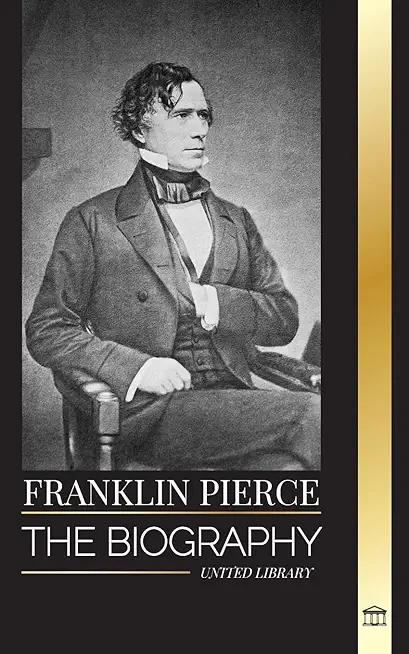
Library, United
Born in New Hampshire, Franklin Pierce's political career took him from the House of Representatives to the Senate before becoming the President of the United States. His presidency, which spanned from 1853 to 1857, was marked by deeply divisive issues, particularly the question of slavery's expansion into newly acquired territories. Pierce's support for the Kansas-Nebraska Act, which allowed territories to decide on the issue of slavery, further inflamed tensions between the North and South. His enforcement of the Fugitive Slave Act alienated anti-slavery groups, ultimately contributing to the onset of the American Civil War. Despite his initial popularity and election victory, Pierce's presidency was fraught with difficulties. He struggled to balance the diverse interests within the Democratic Party, and his efforts at civil service reform and patronage largely failed.
His administration's handling of international affairs, including attempts to acquire Cuba and the signing of significant trade treaties, faced criticism and controversy. Personal tragedy also shadowed Pierce's life, with the loss of his children and his wife's long battle with illness and depression. His presidency came to an end with a sharply declining reputation in the North and a Democratic Party that abandoned him.
This book provides a comprehensive look at a president who grappled with the complexities of his era and left a controversial legacy that continues to be a subject of historical debate.







